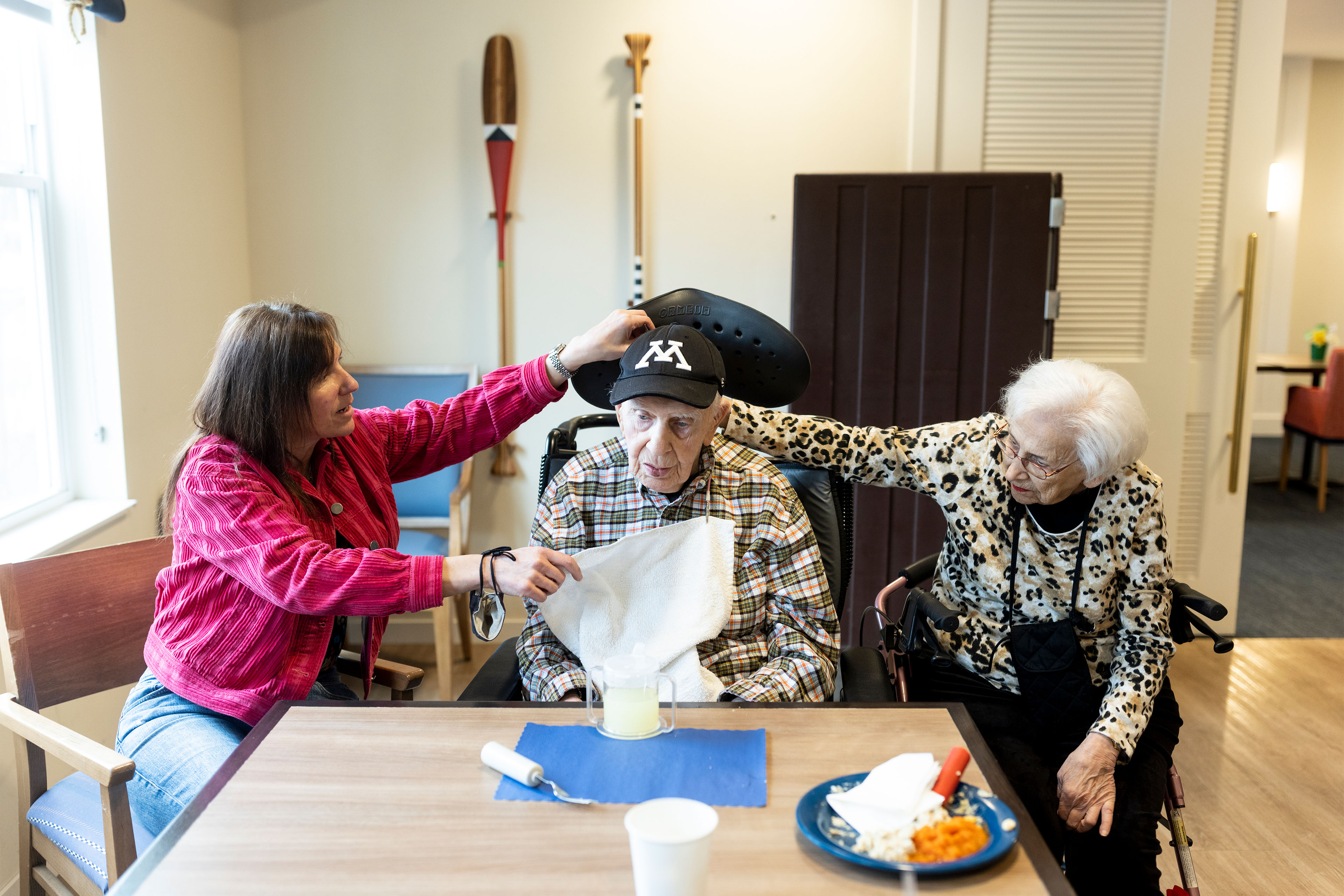Learn about personalized Assisted Living services for elderly residents.
The Relevance of a Comprehensive Program of Treatment in Assisted Living Settings
In aided living settings, the implementation of an extensive program of treatment is crucial for attending to the multifaceted requirements of homeowners. By focusing on customized care strategies and including families in the procedure, these programs can considerably boost health and wellness outcomes and quality of life.
Comprehending Comprehensive Treatment Programs
As aided living centers remain to evolve, comprehending detailed care programs comes to be important for both citizens and their families. Comprehensive treatment programs are designed to address a wide array of requirements for individuals staying in helped living atmospheres, making certain that each resident obtains tailored support that mirrors their one-of-a-kind health and wellness problems and lifestyle choices.

Moreover, thorough care programs highlight coordination among various service providers, guaranteeing seamless communication in between caretakers, medical employees, and household members. This integrated strategy not just boosts the high quality of care however additionally promotes a helpful area setting. Families play an important function in this procedure, participating in treatment preparation and ongoing conversations to make certain that the citizen's demands are continually fulfilled. Understanding these programs is important for making educated choices regarding treatment alternatives and taking full advantage of the high quality of life for citizens in assisted living centers.
Benefits for Locals

(Dementia Care Charlotte)One main advantage of extensive treatment is the improvement in health and wellness outcomes. Routine surveillance and worked with treatment aid in the very early discovery and management of chronic problems, reducing hospitalizations and emergency situation treatments. Citizens profit from boosted social interaction, as structured tasks and programs foster a sense of neighborhood, dealing with sensations of seclusion and isolation.
Furthermore, residents experience enhanced tranquility of mind, knowing that expert assistance is readily offered ought to they need help. This guarantee enables them to concentrate on appreciating their day-to-day tasks and preserving significant connections.
Function of Caretakers
Caregivers play a critical role in the well-being of residents in nursing home, making certain that their demands are met empathy and competence. They work as the primary factor of call for citizens, offering important support in day-to-day activities such as showering, dressing, and medicine management. Their presence not just promotes physical health yet likewise enhances psychological and social wellness by fostering partnerships improved count on and understanding.
In enhancement to sustaining daily living tasks, caretakers are important in keeping track of adjustments in citizens' health and actions. They are trained to identify subtle indicators of distress or decline, enabling prompt interventions that can stop problems. Their expertise of each local's unique history and choices enables them to supply customized treatment, improving the total high quality of life.
In addition, caregivers work as advocates for citizens, communicating their requirements and choices to other medical care professionals and member of the family. This advocacy is crucial in creating an alternative treatment environment that appreciates the self-respect and autonomy of each individual. Eventually, the devotion and skill of caregivers are crucial components of a detailed program of treatment, underpinning the success of assisted living settings.
Customizing Care Program
While every citizen in assisted living has special needs and preferences, tailoring treatment plans is vital to supplying reliable and customized assistance. A one-size-fits-all strategy to care can forget essential facets of private well-being, possibly bring about suboptimal end results. Assisted Living. Consequently, a detailed evaluation of each local's health condition, personal background, and way of living selections is critical in creating customized treatment techniques.
The customization process involves collaboration amongst medical care specialists, caretakers, and member of the family. By integrating input from all stakeholders, care plans can address not only medical requirements however likewise emotional and social factors that add to total top quality of life. Normal evaluations and updates to these plans guarantee that they continue to be appropriate as homeowners' conditions and preferences evolve over time.
(Dementia Care Charlotte)In addition, customized care plans promote a sense of dignity and autonomy amongst residents, fostering an environment where they feel valued and respected. This customized method not only improves the efficiency of care but also strengthens the relationship between caretakers and homeowners, developing an encouraging area ambience. Eventually, spending in personalized care planning is a keystone of giving high-grade assisted living solutions that fulfill the diverse needs of residents.
Enhancing Community Involvement
Structure on the foundation of customized treatment strategies, improving neighborhood engagement is a vital facet of enhancing the general experience for residents in assisted look at these guys living (Memory Care). Energetic participation in community tasks promotes social connections, battles sensations of isolation, and adds to psychological wellness. Facilitating opportunities for homeowners to participate in group tasks, such as art classes, gardening, and workout sessions, creates a comprehensive atmosphere that promotes communication and collaboration
Furthermore, integrating locals into the wider neighborhood with collaborations with regional companies can supply enhancing experiences, such as volunteering and going to cultural occasions. This not just assists citizens really feel valued however additionally strengthens connections with the bordering neighborhood, improving their sense of belonging.
Additionally, encouraging family involvement in neighborhood activities is important. Assisted Living. Family participants can work as crucial support systems, helping to bridge the space in between residents and the neighborhood. Regular family members occasions and open forums for conversation foster openness and partnership, making sure that the treatment environment stays receptive to the needs of all stakeholders
Final Thought
Finally, comprehensive care programs in assisted living setups play a crucial duty in maximizing locals' wellness. By attending to clinical, psychological, and social needs, these programs not just enhance top quality of life however also promote very early discovery of wellness issues, decreasing the likelihood of hospital stays. Furthermore, the participation of family members in care planning strengthens assistance networks, cultivating a sensible and independent living setting. Eventually, such programs contribute substantially to the total wellness end results and contentment of residents.